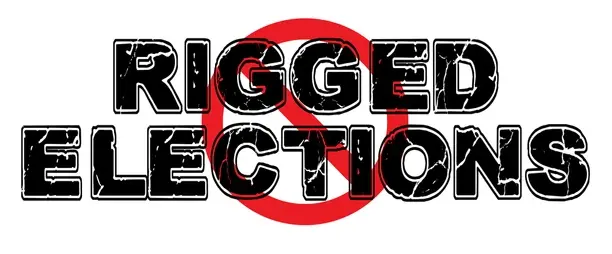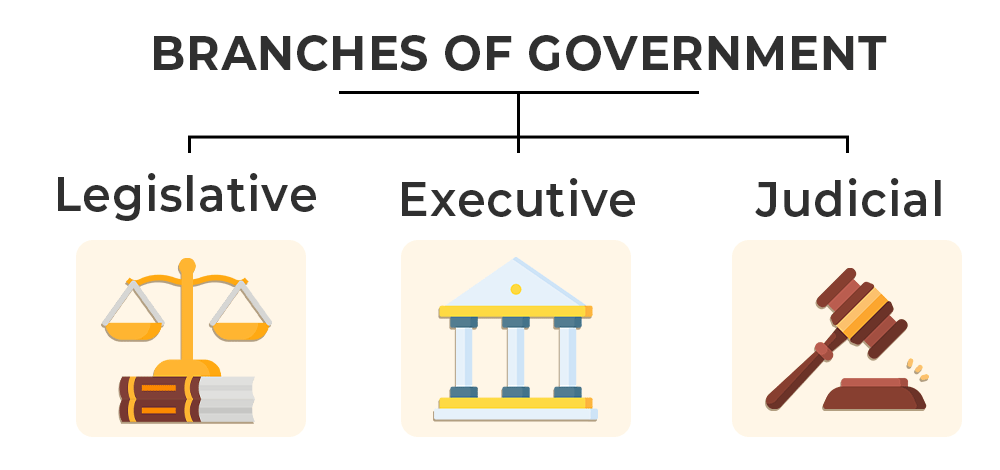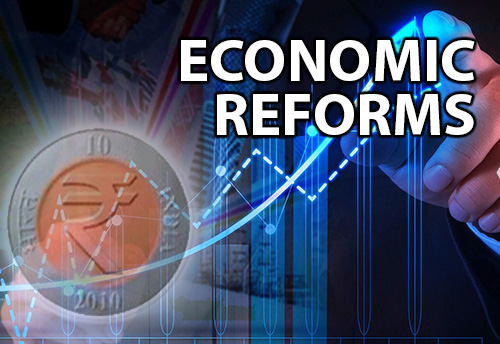Ahmed Nawaz Bharwana
Elections, the cornerstone of democratic governance, are meant to be a celebration of people’s voices and choices. In parliamentary systems like Pakistan’s, they play a pivotal role in shaping the nation’s destiny. However, the reality often diverges from this idealistic vision. Let’s dissect the intricate layers of Pakistan’s electoral process, where dedication and manipulation coexist.
Like all other countries, election processes and procedures in Pakistan are laborious and cumbersome. Following are the few determinations of electioneering in Pakistan.
Complicated and Laborious: Elections in Pakistan are no mere formality; they are a laborious affair. Political parties, candidates, and organizers invest immense effort. The process resembles orchestrating a grand national event involving the mobilization of resources, volunteers, and voters.
Candidate Selection: Political parties meticulously select candidates who align with their ideologies and can resonate with voters. These choices are critical, as they determine the party’s chances of success.
Campaigning: Candidates crisscross the nation, addressing rallies, knocking on doors, and leveraging media platforms. Their messages must resonate with diverse audiences, from urban centers to remote villages.
Transporting Voters: Ensuring voters reach polling stations is a logistical challenge. In far-flung areas, rugged terrain and inadequate infrastructure pose hurdles.
Polling Day Management: On the big day, meticulous organization ensures smooth voting processes. From setting up polling stations to managing queues, every detail matters.
Election Processes in Pakistan:
Months of Preparation: To secure the mandate of the people, candidates embark on a journey that spans months. Here’s the roadmap:
- Nomination: Candidates file their nominations, subject to legal requirements.
- Campaign Trail: They traverse constituencies, addressing public gatherings, engaging in door-to-door canvassing, and participating in televised debates.
- Voter Outreach: Connecting with voters—listening to their concerns and sharing their vision—is crucial.
- Logistics: Ensuring voters’ physical presence on polling day involves transportation arrangements.
The Dark Side: Rigging and Manipulation
Form 47: A Controversial Instrument: Enter Form 47, a seemingly innocuous document that consolidates results from polling stations. But here lies the catch: Form 47 doesn’t necessarily reflect the detailed results from individual polling stations (captured in Form 45). Instead, the returning officer has the discretion to fill what he likes. It is the ultimate rigging one could imagine. The powerful in Pakistan can easily manage Ros, ECP, Tribunals, and Courts. In a stark departure from democratic norms, some returning officers fill out Form 47 according to their preferences. The genuine results from Form 45 may be ignored. This practice constitutes one of the most brazen forms of rigging within the political system.
The Role of Institutions:
Guardians of Democracy? The Election Commission, tribunals, and the judiciary should act as guardians of democracy. However, their response to manipulation has been inconsistent. Instances of overlooking discrepancies or turning a blind eye perpetuate a system where people become mere subjects rather than active participants. Furthermore, critics allege that they are also part and parcel of the organized rigging in Pakistan. If allegations are true, it is the most unfortunate place where the defenders of laws are violators of the law.
Pakistan’s electoral process is a complex interplay of dedication, manipulation, and institutional responses. While hardworking individuals strive for democratic ideals, the system’s vulnerabilities demand vigilance and reform. The people, as true stakeholders, deserve a transparent and fair electoral landscape. Only then can elections truly reflect the will of the people, unmarred by manipulation.
Please, subscribe to the YouTube channel of republicpolicy.com

















